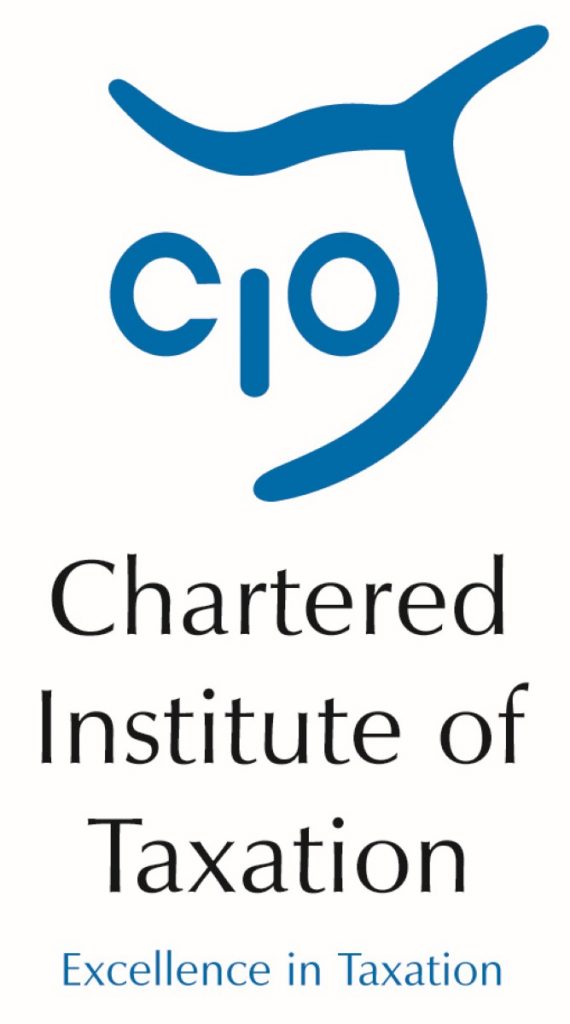A big cut to the dividend tax allowance announced today by the Chancellor will not achieve the stated objective – and shows the perils of announcing major reforms without thorough consultation, says the Chartered Institute of Taxation (CIOT).
The Chancellor today drew attention to the problem of people incorporating their businesses in order to take advantage of lower corporation tax rates.1 The Government will reduce the tax free ‘dividend allowance’ (which affects owner managers taking money out of their companies, as well as some other taxpayers) from £5,000 to £2,000 per annum with effect from April 2018.
John Cullinane, Tax Policy Director of the CIOT, commented:
“The ‘dividend allowance’ was first announced in the Summer Budget 2015, less than two years ago. It was part of a complete overhaul of the dividend tax system, announced without prior consultation, and was also introduced with the intention of tackling the problem of tax-motivated incorporation.2
“So the ‘dividend allowance’ was first introduced for ostensibly the same reason which now justifies its 60% reduction!
“Clearly the 2015 reform of dividend taxation did not achieve its intended objective. We believe the key lesson is that there should be consultation in advance of such major changes, to ensure that the public understand the reasons for them, and that with the benefit of a proper debate, the Government are able to get the reforms right.”
The need for adequate, early stage consultation is one of the key points of the ‘Better Budgets’ report published in January by the CIOT, the Institute for Fiscal Studies and the Institute for Government (http://tinyurl.com/betterbudgets).
John Cullinane continued:
“Even now, the change to the dividend allowance announced today will not remove the problem. For example, for a basic rate taxpayer, the impact of that change cannot exceed £225 pa, a fraction of the typical tax benefits of incorporation at such levels of income. Incorporation would also enable a self-employed entrepreneur to sidestep the increases in Class 4 national insurance also announced by the Chancellor and taking effect in 2018 and 2019.
“Clearly the Chancellor will need to return to this issue. We hope that he will consult fully before he does so.”
Notes for editors
In today’s speech the Chancellor said:
‘The Dividend Allowance has increased the tax advantage of incorporation.’
‘It allows each Director/Shareholder to take £5,000 of dividends out of their company tax free, over and above the personal allowance.’
‘It is also an extremely generous tax break for investors with substantial share portfolios.’
‘I have decided, therefore, to address the unfairness around Director/Shareholders’ tax advantage, and at the same time raise some much needed-revenue to fund the measures I shall announce today, by reducing the tax-free dividend allowance from £5,000 to £2,000 with effect from April 2018.’
2. In his Summer 2015 Budget Statement the then Chancellor said:
‘We can’t take it [the rate of corporation tax] lower than that [20%] while such strong incentives are created for people to self-incorporate and pay the lower rates of tax due on dividends….’
‘So I am today undertaking a major and long overdue reform to simplify the taxation of dividends.’
‘The dividend tax credit will be replaced with a new tax-free allowance of £5,000 of dividend income for all taxpayers.’
When all the relevant tax changes that have so far been announced are taken into account, a self-employed individual within basic rate band levels of income will typically face an effective marginal tax rate of 31% (20% income tax and 11% national insurance). An owner manager of an incorporated business with similar income will typically face a marginal effective tax rate of 23.225% (17% corporation tax plus 7.5% of the remaining 83% of profits, assuming he takes them out of the company).
Taxes and national insurance contributions paid by an incorporated business in this income range might currently be several hundred, or a thousand, pounds or so less pa than their unincorporated equivalents, which usually represents more than a 10% difference in the amount of tax. The change made today to dividend allowance would of itself narrow the gap by up to £225 pa on incorporated businesses, but would largely be offset by the national insurance changes affecting the self-employed.
For those on higher incomes, the calculations would be different but the tax advantages of incorporation would include the ability to roll up income within the company and not have to pay the tax on extracting all of it each year.
6. The Chartered Institute of Taxation (CIOT)
The CIOT is the leading professional body in the United Kingdom concerned solely with taxation. The CIOT is an educational charity, promoting education and study of the administration and practice of taxation. One of our key aims is to work for a better, more efficient, tax system for all affected by it – taxpayers, their advisers and the authorities. The CIOT’s work covers all aspects of taxation, including direct and indirect taxes and duties. Through our Low Incomes Tax Reform Group (LITRG), the CIOT has a particular focus on improving the tax system, including tax credits and benefits, for the unrepresented taxpayer.
The CIOT draws on our members’ experience in private practice, commerce and industry, government and academia to improve tax administration and propose and explain how tax policy objectives can most effectively be achieved. We also link to, and draw on, similar leading professional tax bodies in other countries. The CIOT’s comments and recommendations on tax issues are made in line with our charitable objectives: we are politically neutral in our work.
The CIOT’s 18,000 members have the practising title of ‘Chartered Tax Adviser’ and the designatory letters ‘CTA’, to represent the leading tax qualification.





-01.png)